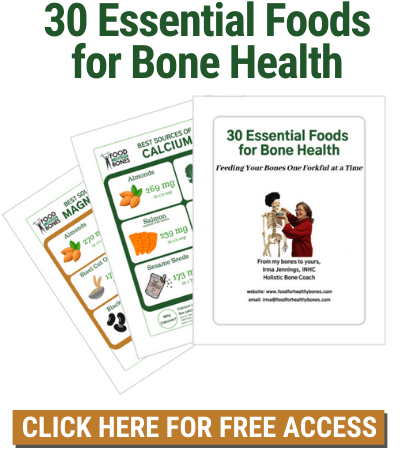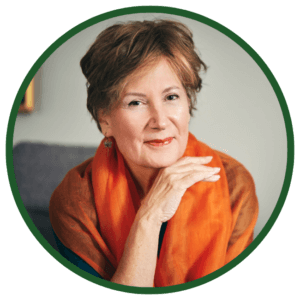Osteoporosis Myths & Treatments Debunked Q&A with Dr Mike Lewiecki + FRAX 101
In our recent webinar, Dr. Mike Lewiecki, an esteemed osteoporosis expert, shared his insights on bone health, directly addressing queries from Irma Jennings' community. This blog post provides a comprehensive recap of the webinar, reflecting the crucial points discussed by Dr. Lewiecki in a straightforward and informative manner.
The Importance of Accurate Bone Health Information
Before diving into the specific topics discussed, it's essential to acknowledge the importance of disseminating accurate and up-to-date information about osteoporosis and bone health. Osteoporosis, often a silent condition until a fracture occurs, affects millions worldwide and has significant health and quality of life implications. With evolving research and treatment options, staying informed through expert insights like those from Dr. Lewiecki is crucial for patients, healthcare providers, and caregivers. This session aimed to bridge knowledge gaps, debunk common myths, and provide clarity on modern approaches to managing and treating osteoporosis.
Understanding DXA and Bone Density Testing
Dr. Lewiecki emphasized the significance of DXA scans as the gold standard in bone density measurement, while acknowledging the emergence of new technologies like Echolight. He pointed out that DXA is especially accurate in determining bone strength, but in older adults, spine density readings might be misleading due to arthritis. The webinar also touched upon the potential of Echolight, an ultrasound technology, which is still in early stages of correlation with DXA results, highlighting the need for further research in this area.
Evaluating Fracture Risk
A key focus of the discussion was on the assessment of fracture risks. Dr. Lewiecki highlighted that previous fractures, particularly those occurring in adulthood, serve as strong indicators of future fracture risks, with unexplained height loss possibly signaling unnoticed spinal fractures. Additionally, the FRAX calculator's role in estimating the 10-year probability of major osteoporotic and hip fractures based on individual clinical risk factors was discussed, noting its integration into many DEXA machines.
Navigating Osteoporosis Medications
The session delved into the use of osteoporosis medications. Dr. Lewiecki described the benefits of anabolic drugs like Forteo, Tymlos, and Evenity for patients at high fracture risk, followed by the recommendation of anti-resorptives like Prolia or Reclast. A critical aspect addressed was the bone density loss associated with transitioning from prolonged Prolia use to other drugs. Another point of discussion was the unique feature of bisphosphonates like Fosamax, which offer the possibility of "drug holidays" after long-term use, a benefit not shared by other osteoporosis medications.
Additional Considerations in Bone Health
Throughout the webinar, Dr. Lewiecki stressed the importance of maintaining adequate calcium and vitamin D intake while undergoing osteoporosis treatment, suggesting a target vitamin D level of 30-50 ng/mL. He also discussed the role of hormone therapy in alleviating menopausal symptoms, cautioning that its dosage might not be sufficient for bone protection, thus recommending monitoring bone turnover markers. Lastly, the link between diabetes and an increased fracture risk was examined, indicating the potential need for more aggressive osteoporosis management in diabetic patients.
About Dr. Michael Lewiecki, MD
Dr. Michael Lewiecki, MD, a leading osteoporosis expert and director at New Mexico Clinical Research & Osteoporosis Center and Bone Health ECHO at the University of New Mexico, engages audiences with his accessible approach to complex medication questions. With vast experience in osteoporosis, metabolic bone diseases, and bone density studies, he has contributed to over 350 publications and has been a principal investigator in numerous clinical trials. Dr. Lewiecki is recognized globally for his work, holding past presidencies in major societies and receiving prestigious awards like the ISCD Global Leadership and Lawrence G. Raisz Memorial Lecture Awards.
Gaining Clarity on Bone Health
This post aims to clearly convey the insights shared by Dr. Mike Lewiecki in our recent webinar. By presenting the topics in a factual and accessible format, we hope to empower our readers with valuable knowledge, assisting them in making informed decisions about their bone health and osteoporosis treatment.
From my bones to yours,
Irma Jennings, INHC
Your Holistic Bone Coach
[email protected]


